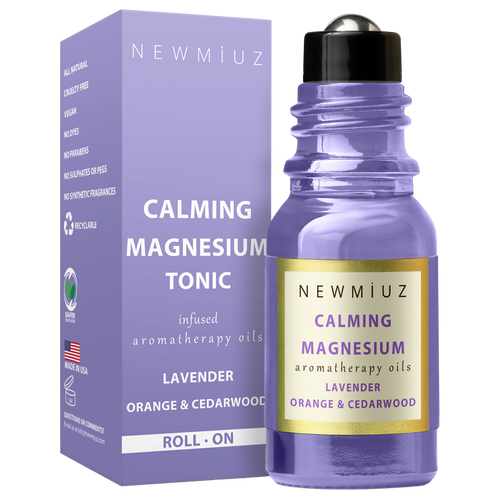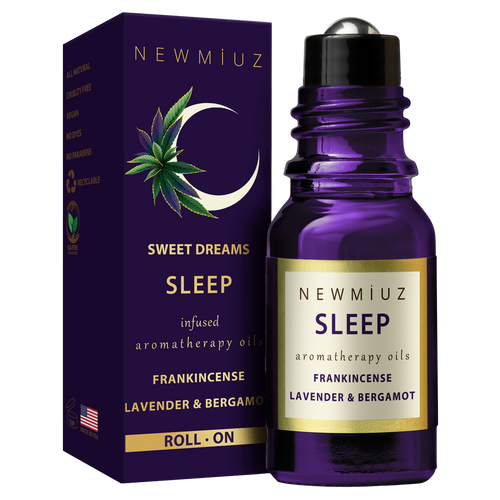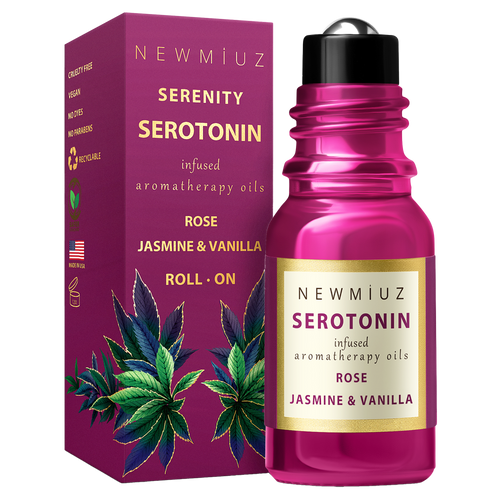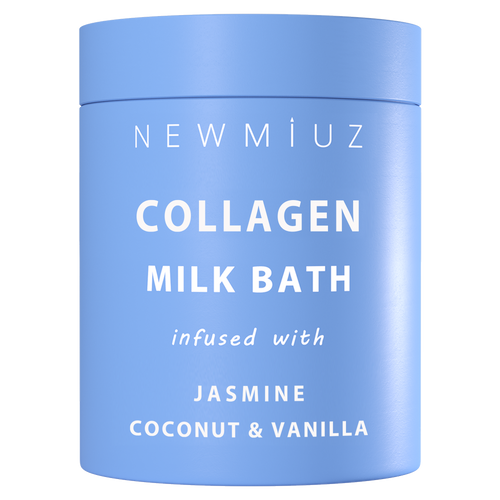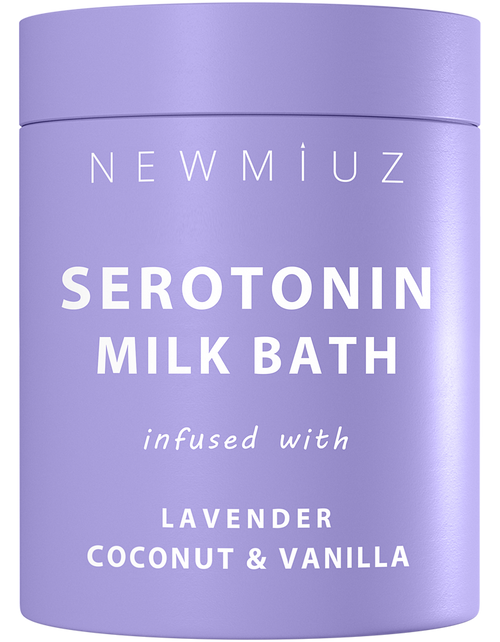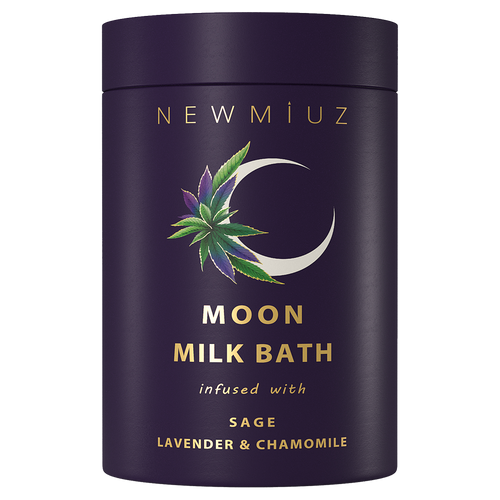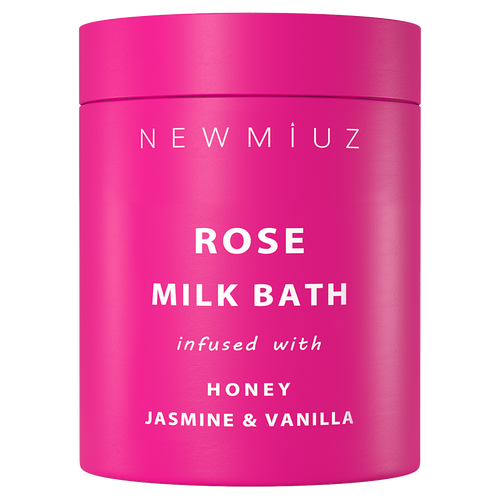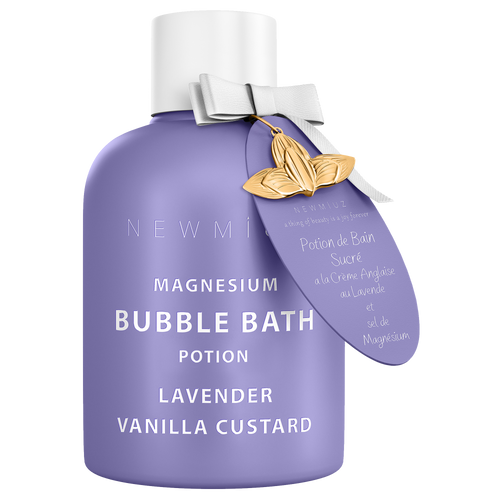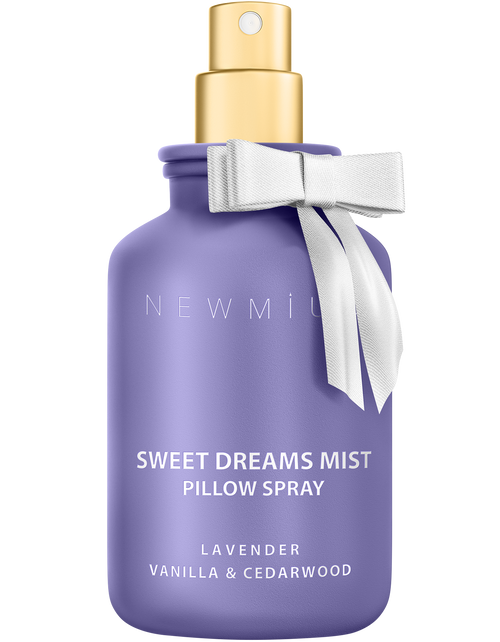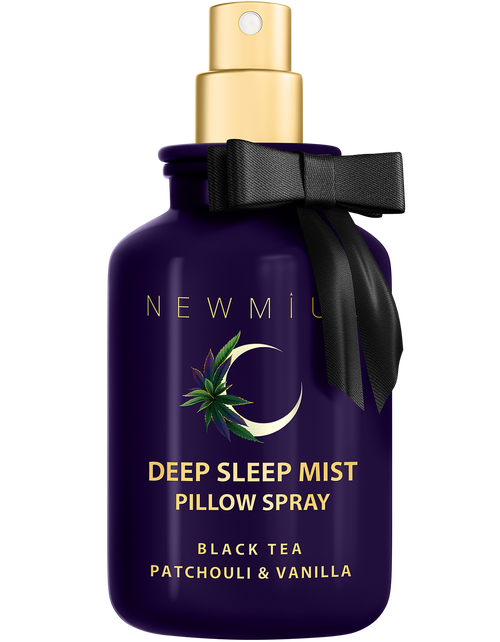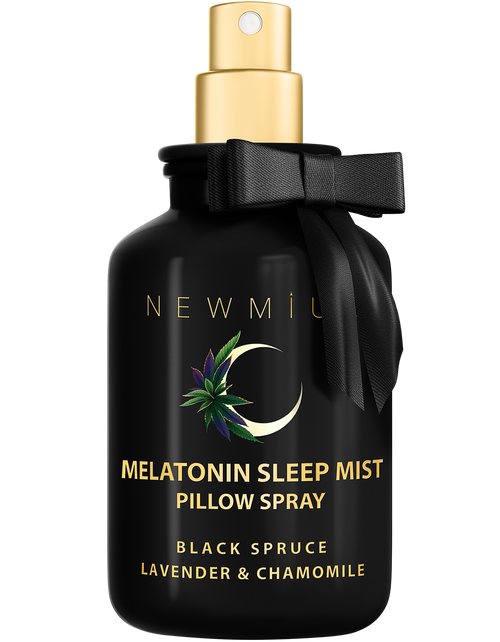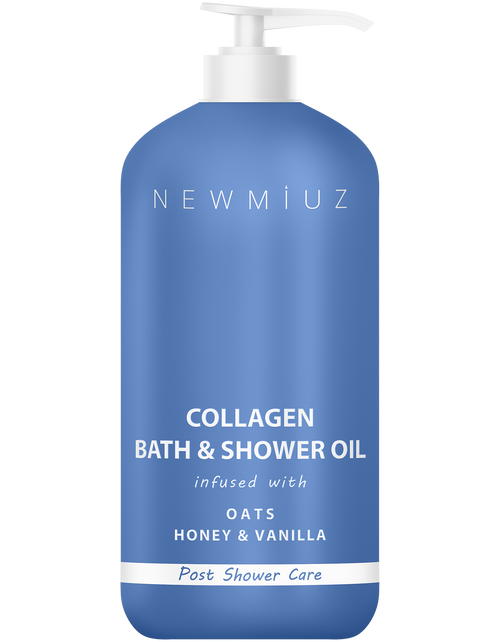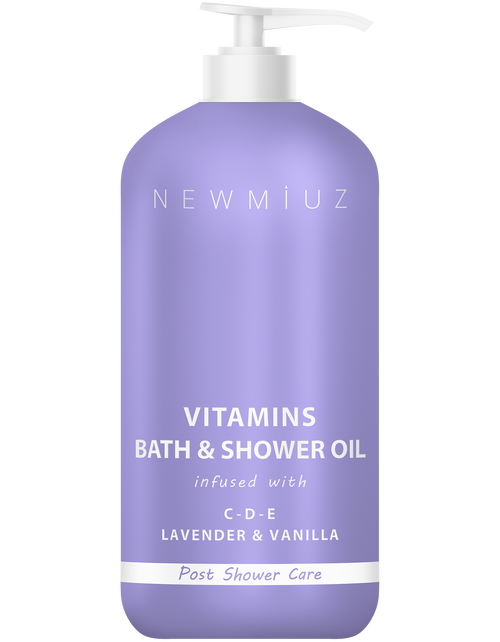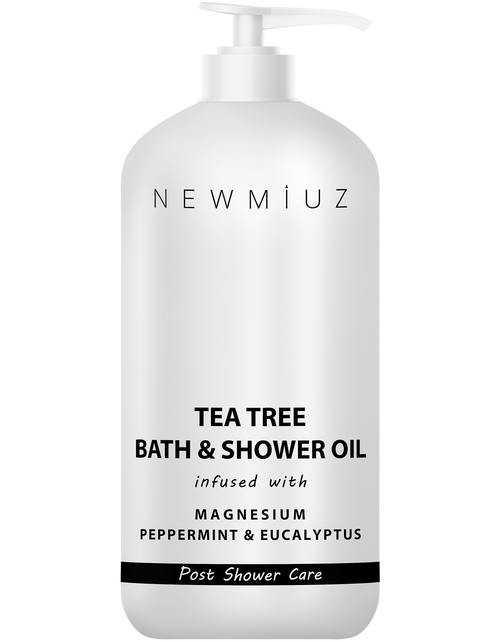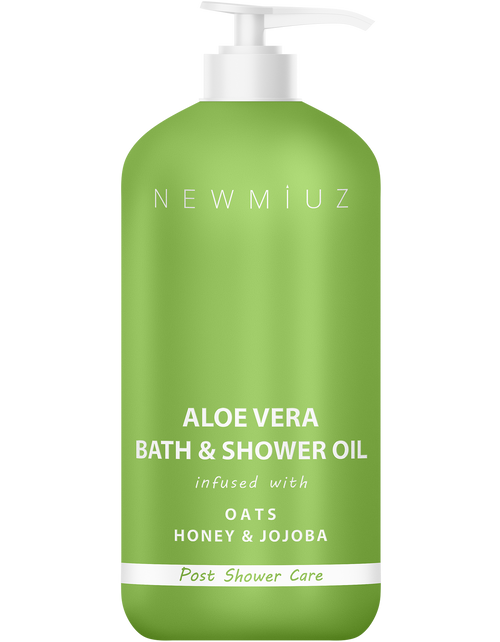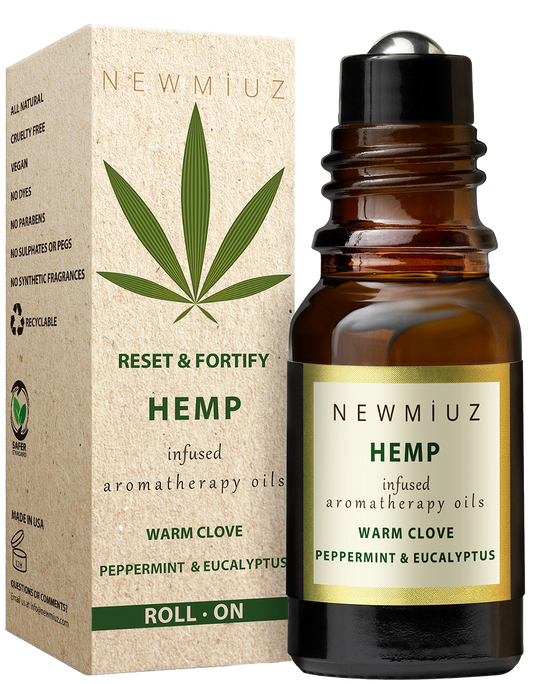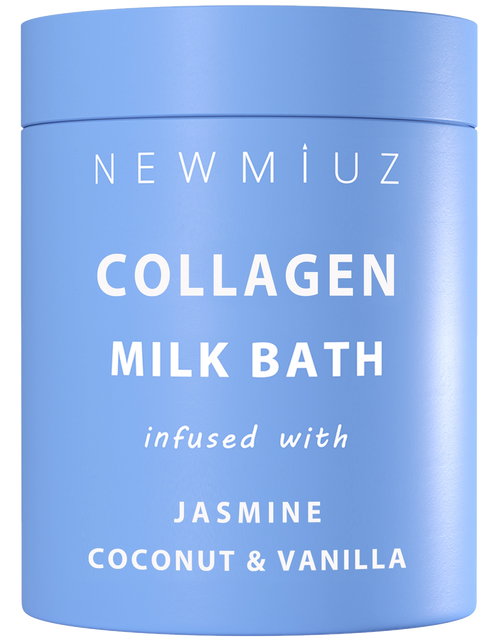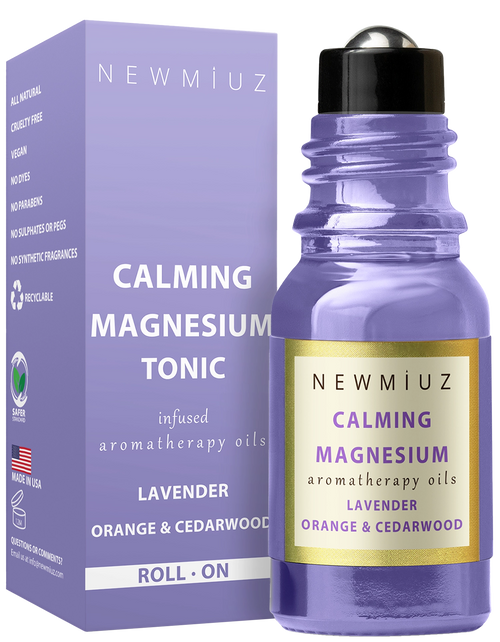Essential oils have been used for countless years to help alleviate various ailments, including nausea. Utilizing these oils can be a natural way to ease your stomach discomfort.
Here are some methods you can use to apply essential oils to combat nausea:
Aromatherapy Diffusion
This is one of the most popular ways to use essential oils. Simply add a few drops of your chosen essential oil for nausea into a diffuser filled with water, and let the aroma fill the room. Inhaling the gentle scent may help reduce feelings of nausea. Aromatherapy diffusers are a discreet and efficient method used at home or the workplace.
Direct Inhalation
Without a diffuser, you can still benefit from the soothing properties of essential oils by directly inhaling their scent. Place 1-2 drops of the essential oil onto a cotton ball, tissue, or handkerchief and hold it near your nose, taking deep, controlled breaths. This direct method can offer quick relief from nausea, especially on the go.
Topical Application
Some essential oils can be applied to the skin for nausea relief. To avoid skin irritation, it's crucial to dilute the essential oil with a carrier oil, such as coconut or almond oil. Once diluted, gently apply the mixture to pulse points such as your wrists, neck, or stomach. The warmth of your skin helps to release the scent of the oils, providing continuous relief.
Bath Soak
Adding essential oils to a warm bath can create a soothing environment and help relax your body, potentially reducing feelings of nausea. Before adding the oil to the bath, add a few drops of essential oil to a teaspoon of carrier oil or milk to disperse it evenly. Soak for at least 15 minutes, taking deep breaths to inhale the released vapors.
Safety Precautions When Using Essential Oils
When incorporating essential oils into your wellness routine, following safety guidelines is imperative to ensure a beneficial and hazard-free experience.
1. Dilution Is Non-Negotiable
Pure essential oils are highly concentrated and may cause skin irritation when applied directly. It’s recommended to dilute essential oils with a carrier oil such as coconut, almond, or jojoba before topical application. A generally advised concentration is 1-2% of essential oil to the volume of carrier oil.
2. Allergy Patch Test
Allergy patch tests should be performed to rule out possible skin sensitivities or reactions. Simply apply a tiny amount of the diluted essential oil to a small skin area and wait 24 hours to observe any adverse reactions.
3. Be Careful Of Oral Ingestion
Oral ingestion of essential oils, unless under the specific guidance of a healthcare professional, can be dangerous. These potent oils can interact with medications and the body's biochemistry unpredictably.
4. Safety For Pregnant Women, Nursing Mothers, And Children
Pregnant women, nursing mothers, and children require special consideration when utilizing essential oils. Some essential oils can have hormonal effects or be too powerful for young skin. Consulting a healthcare provider or aromatherapist is crucial before using essential oils.
5. Room Ventilation
When diffusing essential oils, ensure that the room is well-ventilated, especially for those who may experience respiratory issues like asthma. Monitoring the diffusion duration is necessary, as prolonged exposure can lead to headaches or dizziness.
Final Thoughts
At New Miuz, we believe in the healing power of nature, and our carefully curated selection of essential oils embodies this principle. Ethically sourced and proudly handcrafted, our products ensure that your wellness journey is effective and responsible. With the backing of aromatherapy experts, our natural gifts, like bath products and essential oil roll-ons, are designed to alleviate stress and support a harmonious balance between the mind and body.
Choosing the right essential oil is key—peppermint, ginger, lavender, magnesium, and spearmint are among the most effective. Each of these oils brings its unique properties to the table. When used appropriately, they can provide relief without the side effects commonly associated with over-the-counter remedies. Rediscover your well-being and explore our natural, handcrafted solutions, where every blend is as unique as the individual it nurtures.
Read also:
























